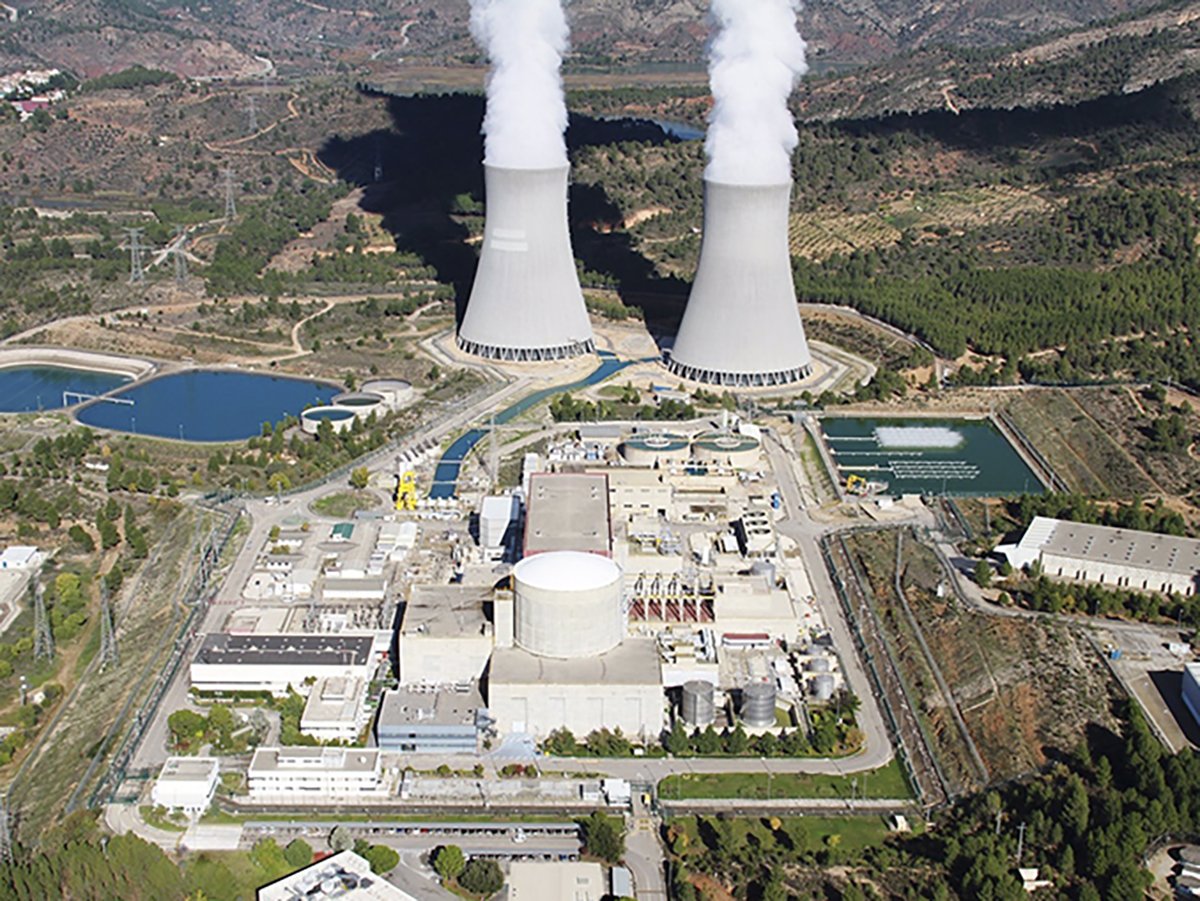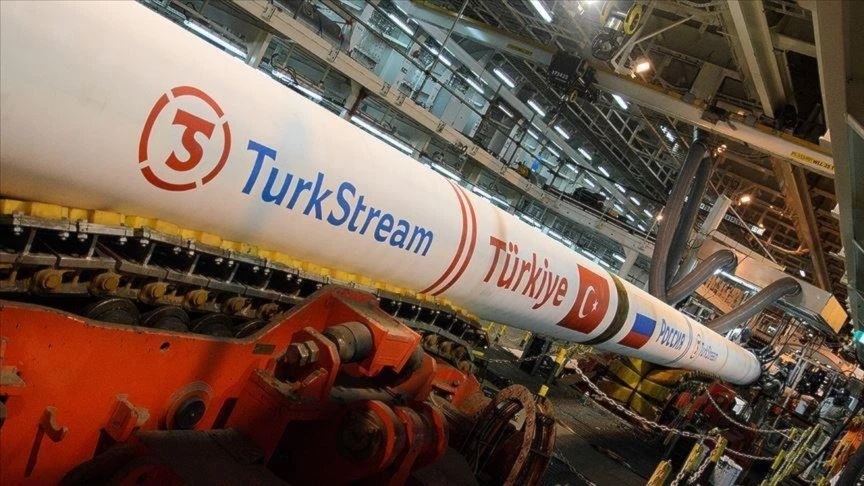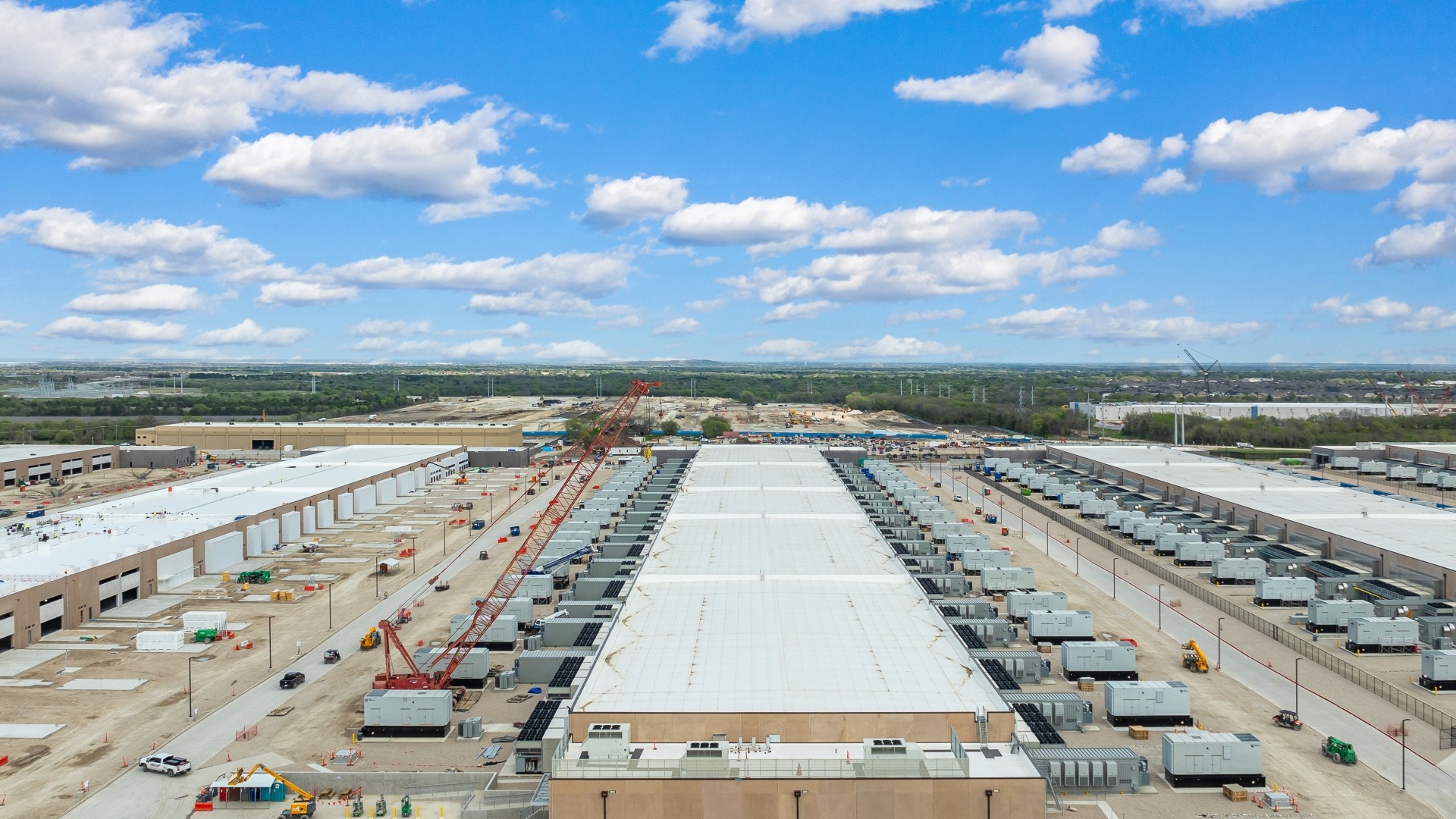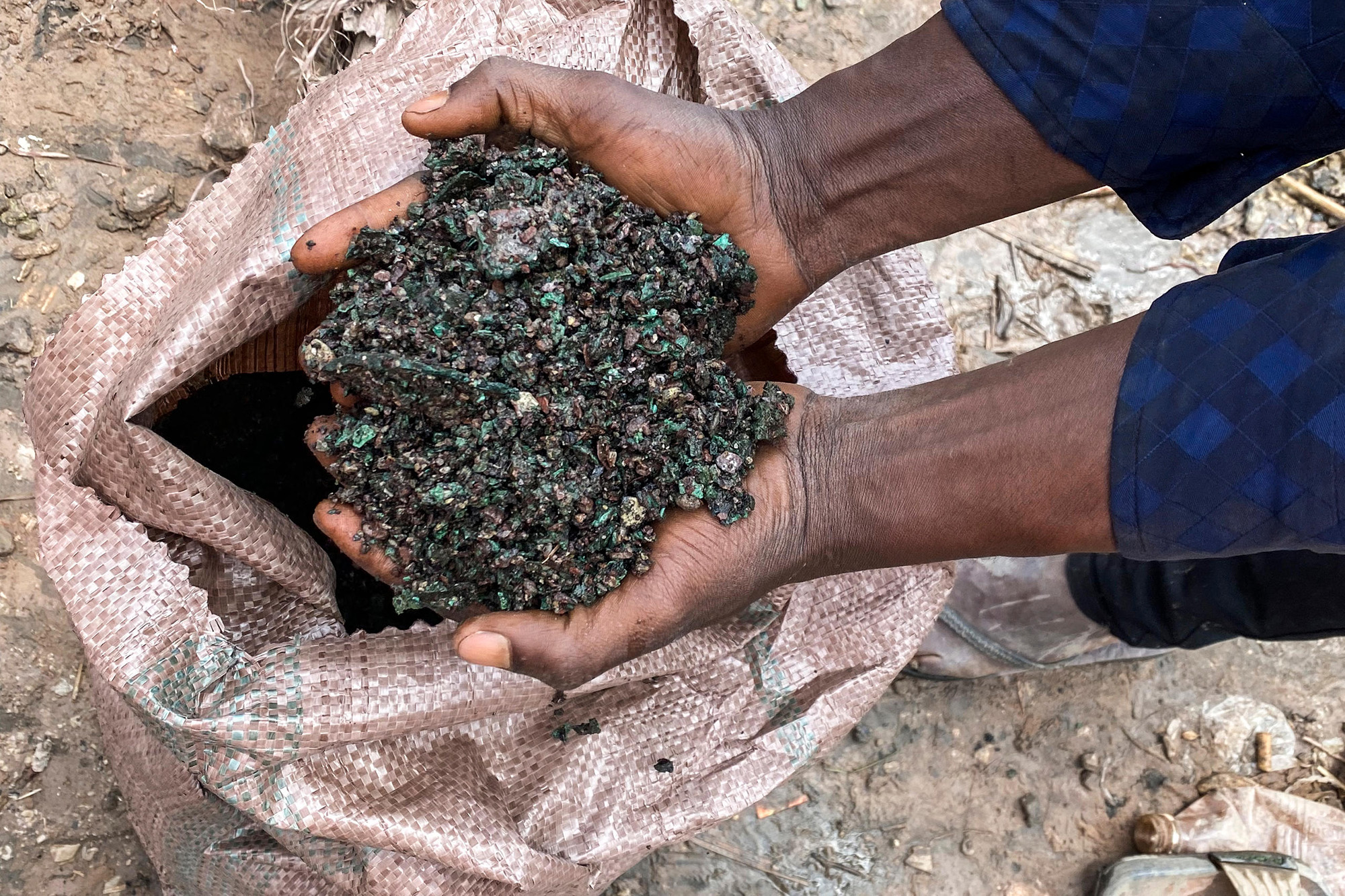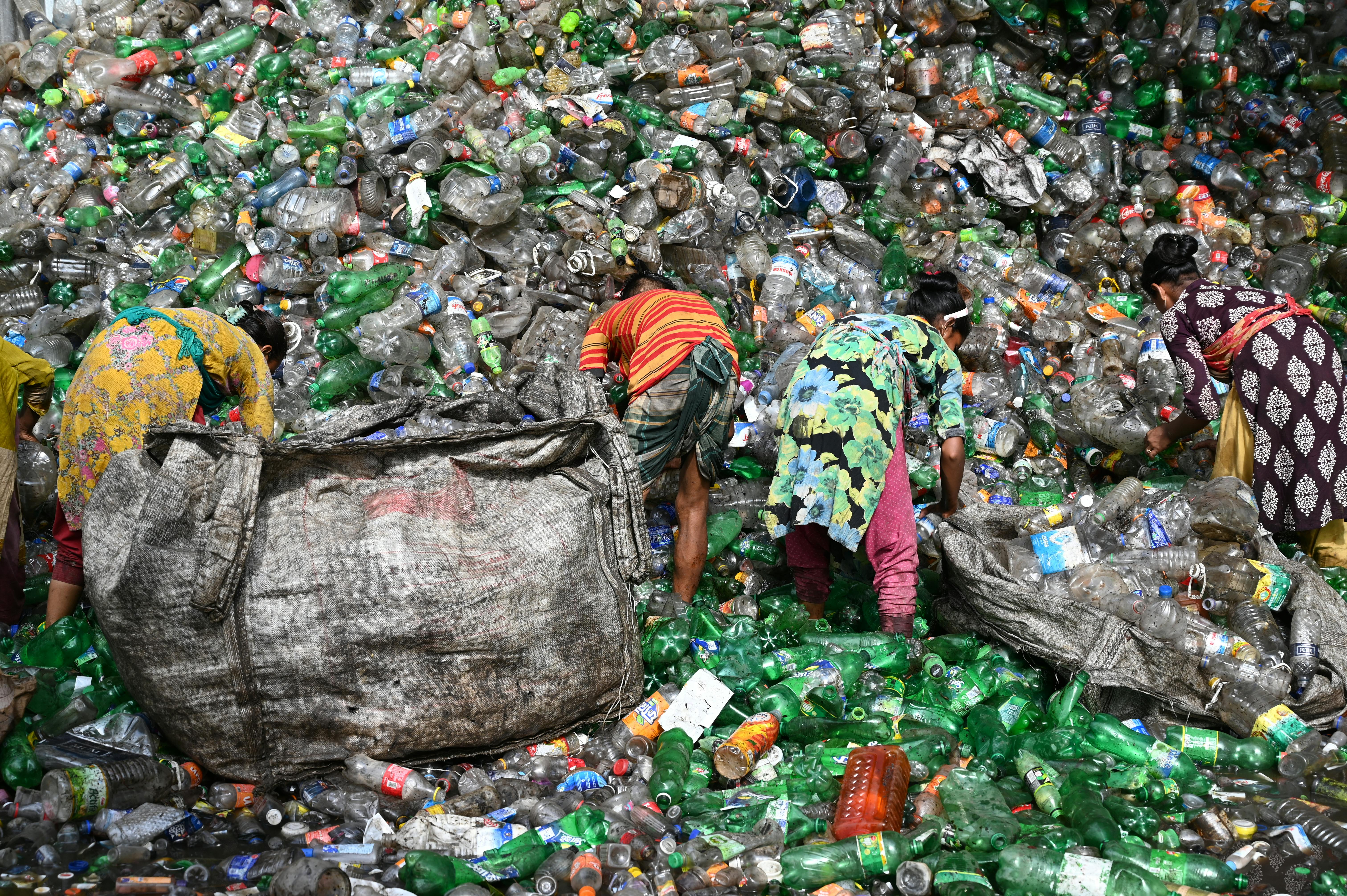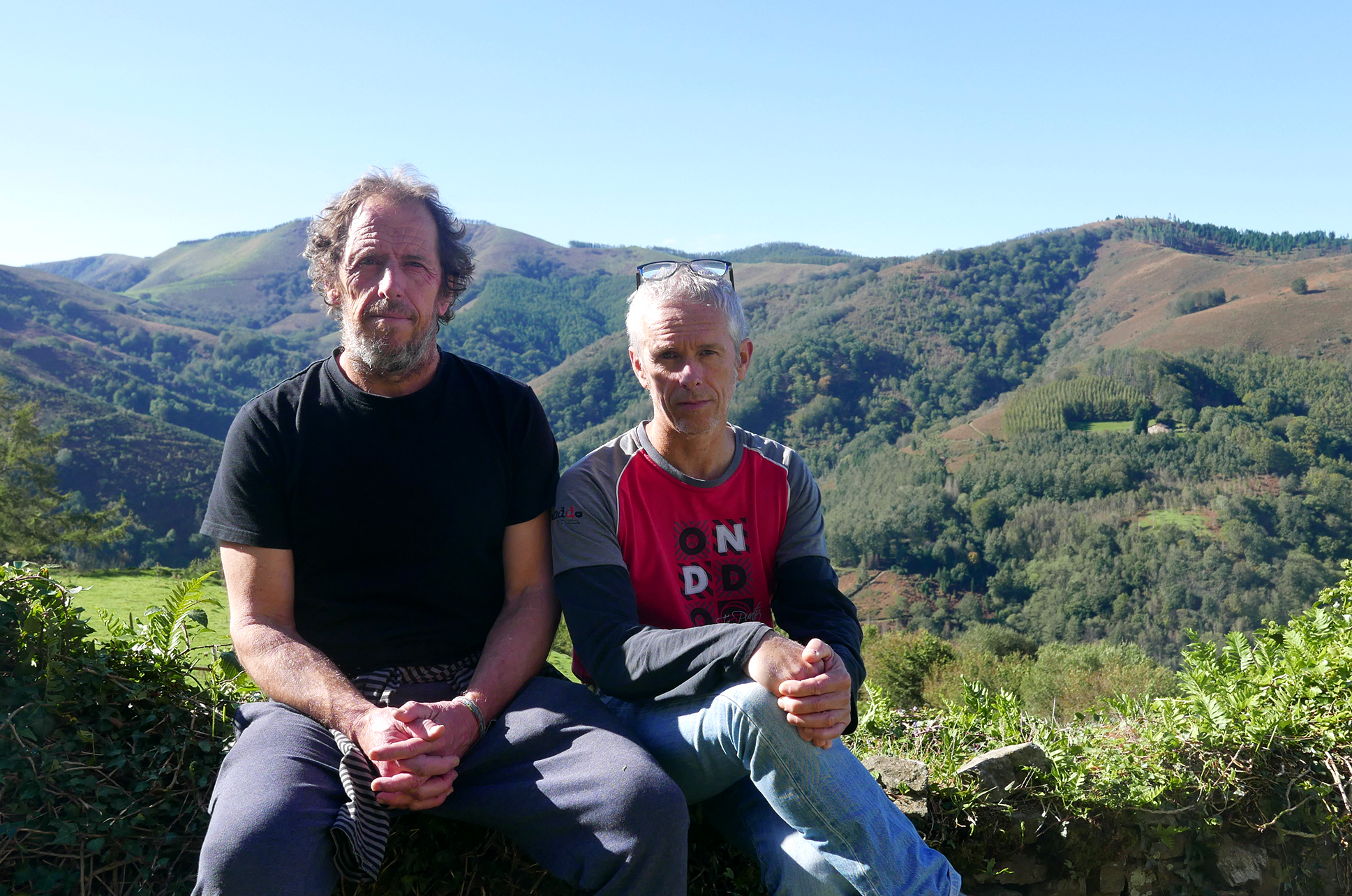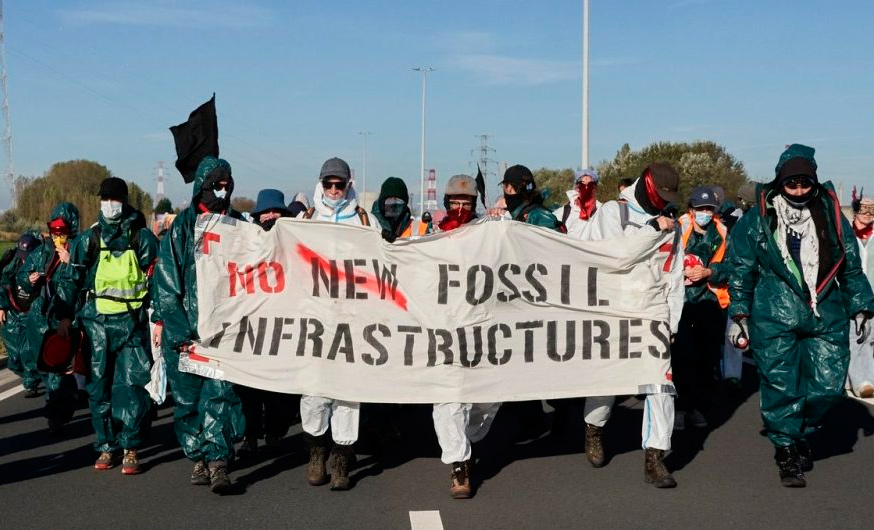Natural gas dilemma in the Netherlands: Are we willing to close the Groning pit?
- The energy crisis in the Netherlands has created a crossroads: Is closing one of the largest natural gas deposits in the world, as planned, or keeping them open following European pressures? In the context of the war in Ukraine, the elites are breaking the controversy of "sacrifice" which says that taking advantage of the abundant sources of energy that we have at our disposal means accepting some damage. Debates of the European Parliament
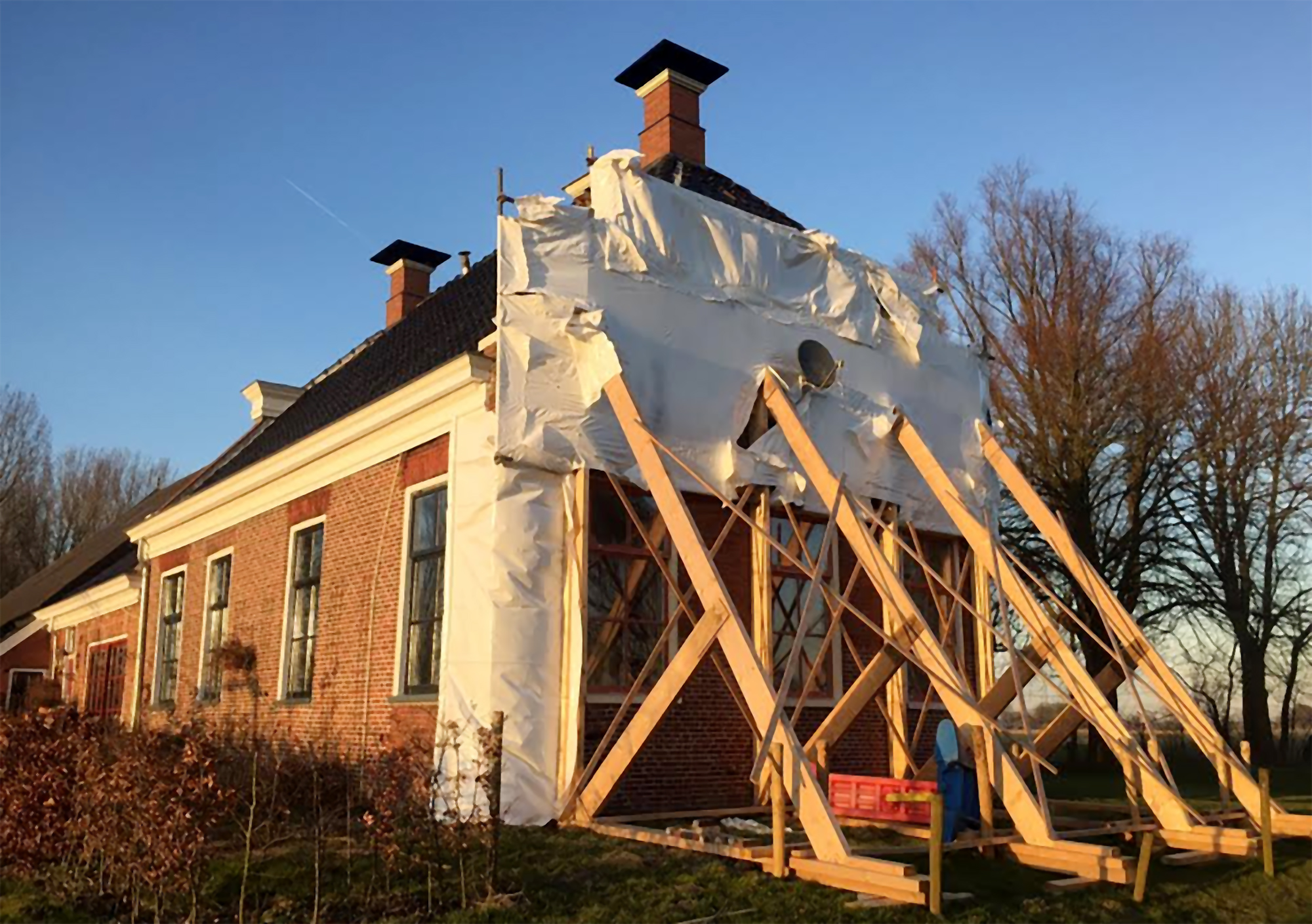
It was one of the historic and most important territories of the friezes of Groning for many centuries, supported by flat, rich agricultural areas drained with canals, extending its influence to the surrounding territories. But under these fertile lands, they found another treasure in the middle of the 20th century: one of the world's largest natural gas deposits. Soon they began to exploit this resource and all the Herbivores connected to this source of energy, making them fundamental for the development of the country. After 60 years, 80% of the site is already exhausted, but experts estimate that there are still 450,000 cubic metres of natural gas, equivalent to the annual consumption of all the countries of the European Union.
The Dutch decided to finish the extraction since 2014, due to the earthquakes, sinks and pollution of aquifers it produced in its surroundings. The amount of gas extracted by Groningen has been decreasing year by year: By 2023, only 2,800 million cubic metres will be produced and the Government of the Netherlands provided for the complete closure of the site by 2024… If a confused geopolitical situation created in the context of the war in Ukraine had not been involved. The European dependence on exposed energy has placed a dilemma: are we prepared to close at Groning?
Following the Russian attack in February on Ukraine, the measures taken by the European Union (EU), in particular the imposition of a penalty on oil and gas prices, and the sabotage carried out at the end of September on the Nord Stream I and Nord Stream II pipelines, have drastically reduced the import of Russian gas into the EU. According to data from the European association Bruegel operating as Think tank on its website, in week 41 Russian gas represents only 7.6% of the imported, very little compared to 33% last year.
A large amount of gas is used to heat the greenhouses, bakeries also do the same, and in almost all homes they have methane burning furnaces and appliances, which are very installed during cheap gas times. The Dutch are now in the port of basing their economy on fracking.
But all that gas that we don't want to take Vladimir Putin has to get from somewhere else, and in this case, the US or Qatar metaners bring us liquefied by the sea, not as a gift. The TTF (Title Transfer Facility) of the Netherlands marks the price of the gas market in Europe: it is now quiet, compared to the month of August, probably because most countries have their stores full of over 80%, waiting for what happens in winter.
However, Groning’s caramel is too big for stractivists. “In the face of the energy crisis we are currently experiencing, it is a precious resource that should be at the centre,” wrote Lionel Laurent Blommberg, a columnist from the middle, about the gas deposit in the Netherlands. Furthermore, it says that it would be “irresponsible” not to take into account that in recent years 54,000 million cubic meters less gas have been produced in Groningen, which has led to greater dependence on Russia: “This dependency must now be eliminated quickly, at great costs, testing the unity, morality and finances of Europeans.”
The Dutch Prime Minister, Mark Rutte, does not want to mention at the moment that they will not close at Groning, because the citizens are very angry at the damage they have suffered over all these years. Groningen extracts gas with a fracking technique by drilling the softest rock. The sink is three kilometres deep and was created some time ago as a result of peat carbonization. But on top it has a thick one-kilometer salt layer...
“It makes us older”
Since the first earthquakes began to appear in 1986 – one of the most severe earthquakes occurred in February 2013, in the village of Loppersum (10,000 inhabitants) – they have been more than a thousand; the deeper they are, the greater the risk of earthquake. According to a report by the local authorities in Groningen in 2015, 152,000 homes have been damaged during all these years, of which 27,000 have had to be very serious and 3,300.
"It's made us older, because we've had a lot of stress, heart problems -- it's taken us away from happiness," said Jannie and Bart Schrage marriage, who have lost their home in a BBC report this July. According to the British media, a study by the University of Groningen reveals that sixteen "prematurely" people die each year in the region from stress directly caused by earthquakes.
The energy we live in an emergency situation, however, these damages are nothing and the pressures that cannot be "compensated" are evident: Thierry Breton, EU Internal Market Commissioner, says the Netherlands should re-revise the closure decision. The ExxonMobil and Shell companies, which exploit the sink, have rubbed their hands; there are estimates that a trillion dollars is still underground.

Kurt Cobb, an energy expert, explains in his blog Resource Insights that this idea of compensation is taking root in today’s global society: "This idea paves the way for false leaders to explain why sacrifices are needed to achieve goals. But these sacrifices are made by those who lack power in society, not the leaders or the rich and powerful beneficiaries of these sacrifices". There are those in Groningen who have changed their minds and made them famous with despair.
Cobbe recalls in his blog that in their crops a lot of gas is used to heat greenhouses, that bakeries also do the same, and that in almost all homes they have furnaces and appliances burning methane, very installed in times of cheap gas. The Dutch are now in the port of basing their economy on fracking.
The controversy poisoned by the use of dangerous and harmful energy technologies at the expense of the climate emergency and the war in Ukraine is spreading to many places. In the case of nuclear energy, the French State is seeing how expensive it can be, as half of the reactors are paralysed by various problems, but the Emmanuel Macron government wants to open six new reactors. In Euskal Herria, on the contrary, will some options promote the reactivation of fracking projects supposedly paralyzed by a Basque law? The director of the Basque Energy Agency, Iñigo Ansola, suggested in May something like this in the Basque Country Irratia: "Gas is there, a law paralyzed that possibility, but the Basque Country still has a great dependence on gas. That's the data."
Espainiako Estatuko zentral nuklearrak itxi ez daitezen aktoreen presioak gora jarraitzen du. Otsailaren 12an Espainiako Kongresuak itxi beharreko zentral nuklearrak ez ixteko eskatu zion Espainiako Gobernuari, eta orain berdin egin dute Endesak eta Iberdrolak.
The Centre Tricontinental has described the historical resistance of the Congolese in the dossier The Congolese Fight for Their Own Wealth (the Congolese people struggle for their wealth) (July 2024, No. 77). During the colonialism, the panic among the peasants by the Force... [+]
The update of the Navarra Energy Plan goes unnoticed. The Government of Navarre made this public and, at the end of the period for the submission of claims, no government official has explained to us what their proposals are to the citizens.
The reading of the documentation... [+]
Environmental activist Mikel Álvarez has produced an exhaustive critical report on the wind macro-power plants that Repsol and Endesa intend to build in the vicinity of Arano and Hernani of the region. In his opinion, this is "the largest infrastructure of this kind that is... [+]
Recently we have had other arguments to convince us of the need for macro-projects in the surroundings of Euskal Herria. An example of this was the article published on the website of the EHNE of Bizkaia to one of the participants of the Ecosocial Jump initiative: "For... [+]
On 3 September the Official Bulletin of Navarre published the announcement by the Government of Navarre announcing the update of the Navarre Energy Plan. This should be an important step for the future of our community, taking into account the importance of energy and its use... [+]











